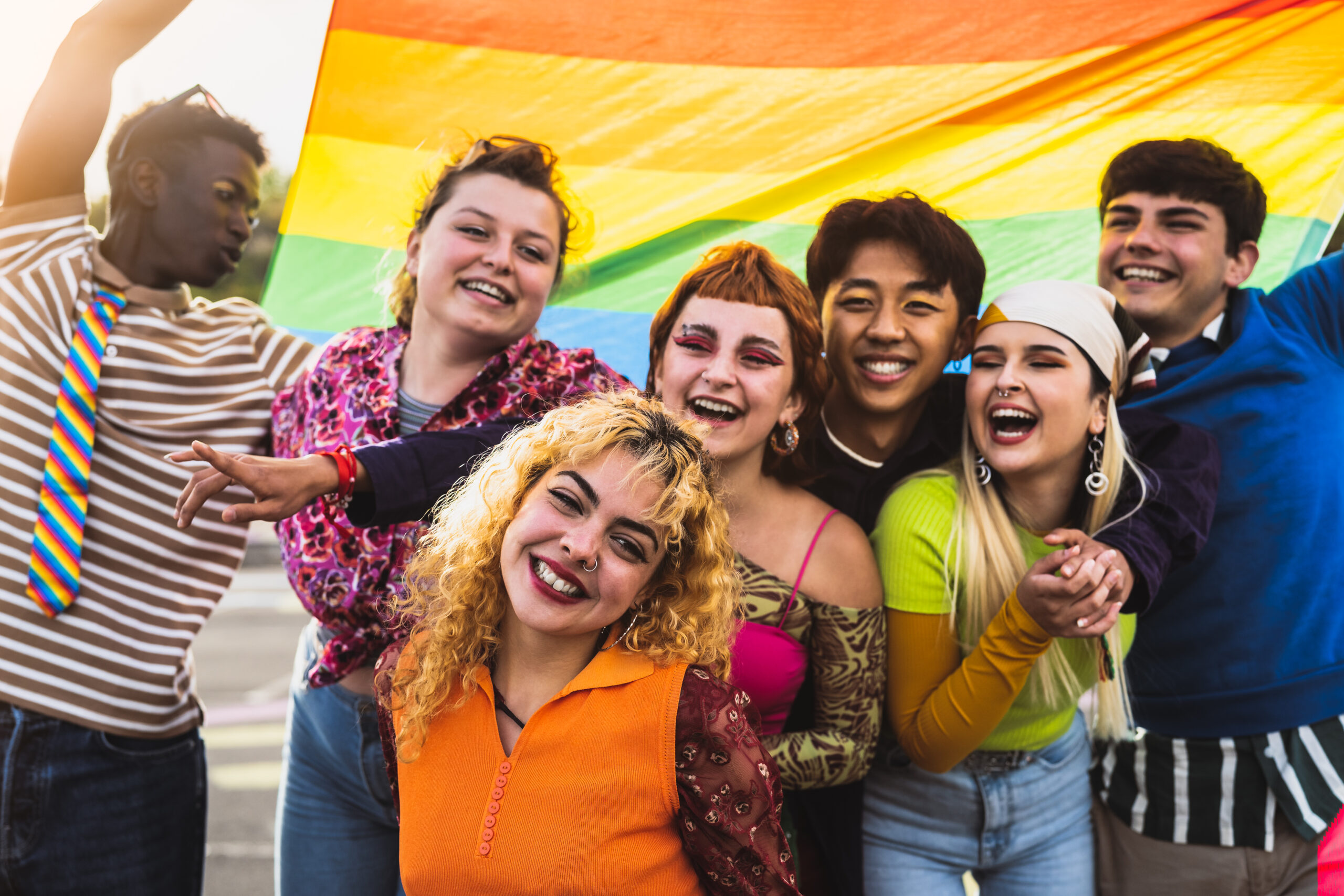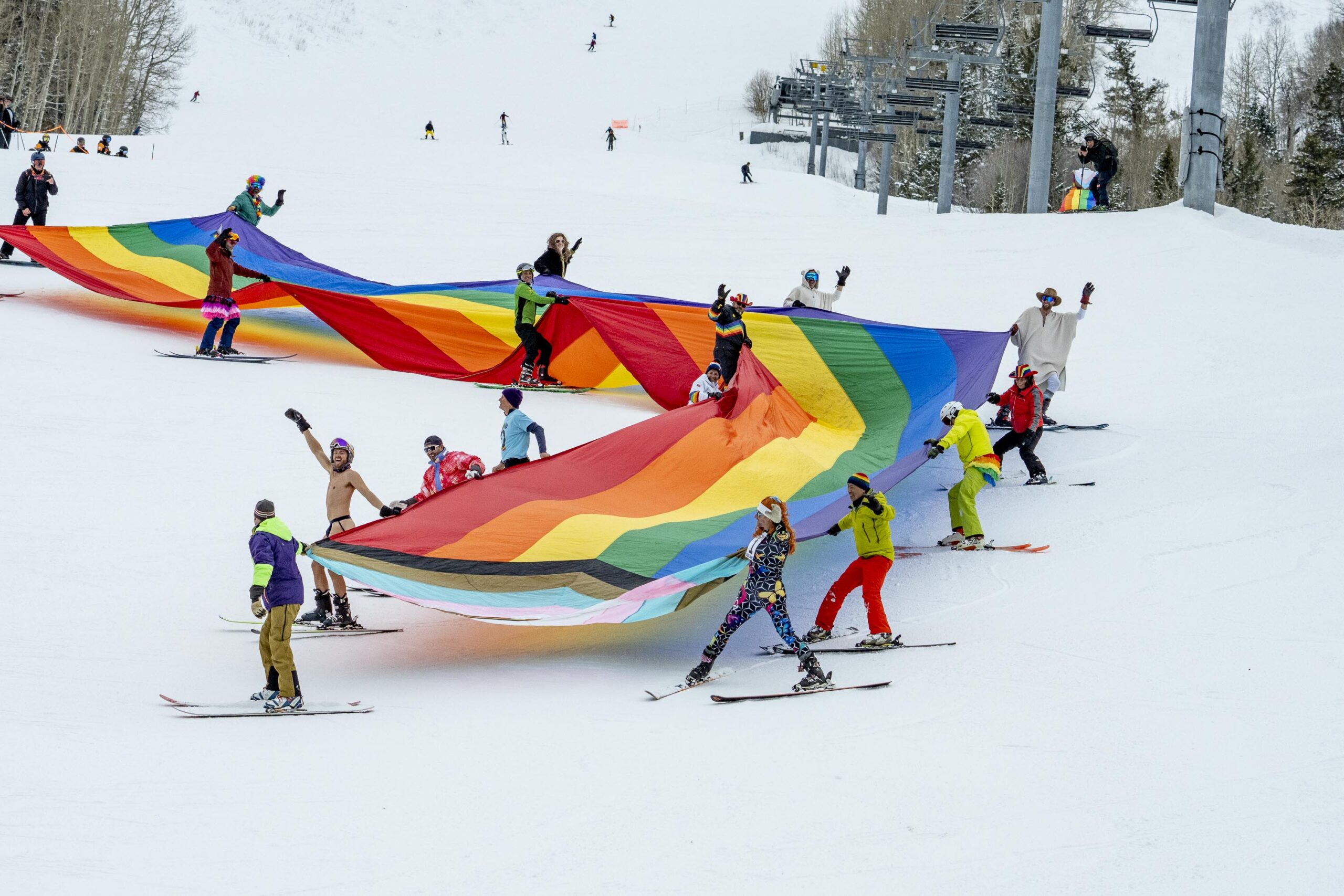What is Pride?
Gay Pride is a celebration of the LGBTQ+ community and its history. It is a time to commemorate the progress that has been made in the fight for LGBTQ+ rights, and to continue to fight for equality.
The first Gay Pride march was held in New York City on June 28, 1970, one year after the Stonewall riots. The Stonewall riots were a series of protests that took place in New York City after a police raid on the Stonewall Inn, a gay bar. The riots are widely considered to be the start of the modern LGBTQ+ rights movement.
Gay Pride marches have been held annually in cities around the world ever since. These marches are a way for LGBTQ+ people to come together and celebrate their community, and to demand equality and respect.
Gay Pride is more than just a celebration. It is also a time to remember the struggles that LGBTQ+ people have faced, and to continue to fight for equality. LGBTQ+ people still face discrimination and violence in many parts of the world. Gay Pride is a way to show that LGBTQ+ people will not be silenced, and that they will continue to fight for their rights.
Gay Pride is a time to be proud of who you are, and to celebrate the diversity of the LGBTQ+ community. It is a time to remember the progress that has been made, and to continue to fight for equality.
Here are some of the key events in the history of Gay Pride:
- 1970: The first Gay Pride march is held in New York City.
- 1973: The American Psychiatric Association removes homosexuality from its list of mental disorders.
- 1977: Harvey Milk is elected to the San Francisco Board of Supervisors, becoming the first openly gay elected official in the United States.
- 1987: The AIDS epidemic begins to spread in the United States.
- 1993: The Supreme Court rules that it is unconstitutional to fire someone for being gay or lesbian.
- 2003: The Supreme Court rules that sodomy laws are unconstitutional.
- 2010: The Matthew Shepard and James Byrd Jr. Hate Crimes Prevention Act is passed by Congress, expanding the federal hate crimes law to include crimes motivated by a victim’s sexual orientation or gender identity.
- 2015: The Supreme Court rules that same-sex marriage is a constitutional right.
Gay Pride is a time to celebrate the progress that has been made in the fight for LGBTQ+ rights, and to continue to fight for equality.
What is Aspen Pride?
Aspen Pride could be considered AGSW (Aspen Gay Ski Week)
Forty-seven years ago, what became Aspen Gay Ski Week began in a bar over an argument about dancing and liberal politics in Aspen; who’d have thought?
A group of local guys, Jon Busch, David Hoch, Tom Duesterberg, Russell Anderson, and others, along with groups of gay tourists from various ski clubs (San Diego, Los Angeles, and Chicago), decided to meet more officially every January. Every year each ski club volunteered to host parties on different nights to which all were invited. The local contingent’s contribution was, at first, only a welcoming party to kick things off. But over the years, the all-volunteer “let’s put on a show” effort became the world’s first and, for many years only, gay ski week.
AspenOUT is respectfully requesting that you dig deep. No amount is too small. Give whatever you can.
Every dollar donated will go to non-profits that might often get overlooked, but do the most work.
About AspenOUT
Established as the Aspen Gay and Lesbian Community Fund (AGLCF), the organization grew with only one staff member and a Board of Directors to help maximize the profit for charity, anchored by Gay Ski Week as a grassroots fundraiser. While the RFGLCF/AspenOUT is best known for producing Aspen Gay Ski Week, we strive to support the development of a strong local Gay, Lesbian, Bi, and Transgender community with programs and initiatives including: The Art Base Partnership, CP Burger Youth Event, Carbondale Pride, Affirming Voices, and more. We invite you to become a part of AspenOUT, whether as a visitor, part-time resident, or full-time local.

Get in Touch. Get Involved.
We are always looking for new volunteers, future board members, and more. Let us know how you’d like to be involved with AspenOUT.


